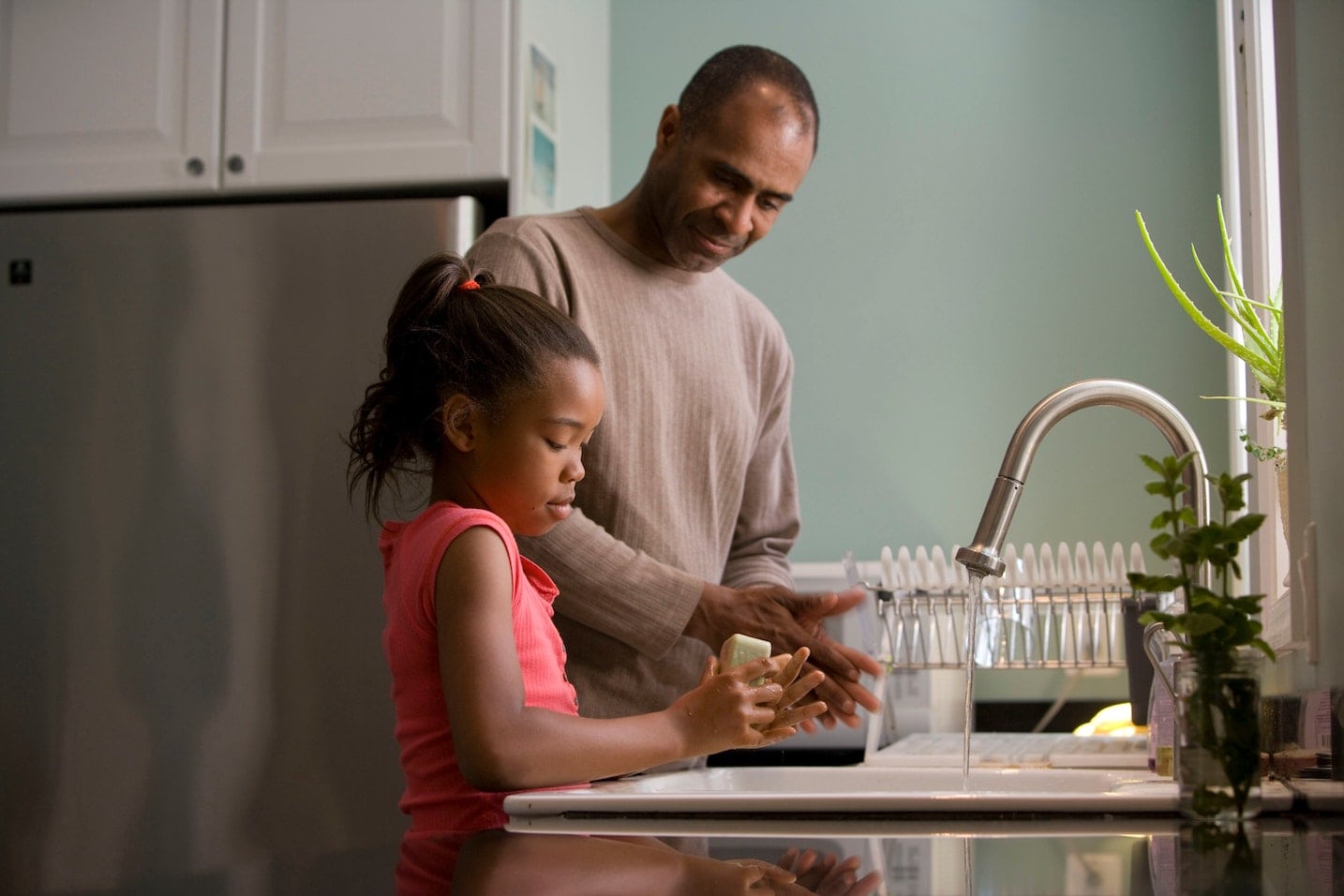AD | Collaborative post
All parents can agree that they would like their children to grow up with an appreciation for what they have, in terms of both material items, but also their relationships and experiences. With the help of a pre-prep school in Gerrards Cross, I have put together the following advice on how you can explore gratitude with your child, to help promote a thankful attitude within your family home.
Talk About What Your Grateful For
At the end of each day, perhaps in the car after you have picked the kids up from school, before bed or at mealtimes, ask each member of your family what they are grateful for. You can start, to give your child an idea of what it is you’re actually asking for. You could say something like “I’m grateful I got to see my mum today” or “I’m grateful that my colleague made me a cup of tea when I was really busy”. Don’t hesitate to prompt them if they seem to be struggling to come up with something. The more you practise this, the easier it will be for them, as they will have had more time to think about it.
Put Things Into Perspective
Remind your child on a regular basis how lucky they are to have a roof over their head, food on the table, and a loving family, because not everyone is so fortunate. If you know of someone who is struggling in some way, point them out to your child and see if they can come up with some ways they can help. For instance, if you have an elderly neighbour who isn’t fit enough to mow the lawn, perhaps your child could offer to do it for them. Putting things into perspective will help your child appreciate what they have, even if it’s just their health and fitness. What’s more, it will also help them sympathise with others and generally be a kind and sensitive person.
Demonstrate Gratitude
It’s one thing to chat about what you’re grateful for and count your blessings, but another to actually demonstrate gratitude through your actions. After your child has had a birthday party, encourage them to send thank you cards for their friends, not only for the presents they have given but also for attending the party in the first place. This will encourage your child to value people and their time, not just gifts. You should also buy your child’s teacher some flowers at the end of the academic year, to show you appreciate all of their support.

